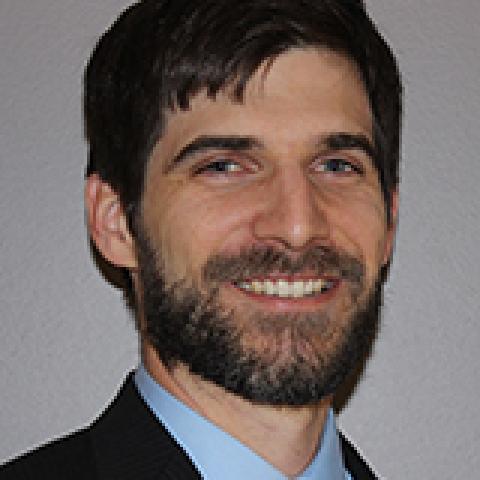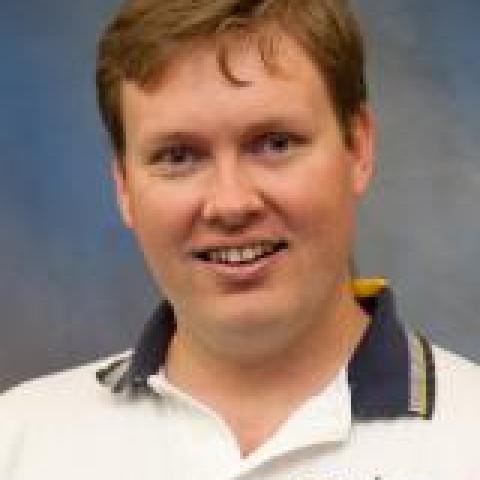Benjamin Joffe

Benjamin Joffe is a Research Scientist in the Aerospace, Transportation & Advanced Systems Laboratory at the Georgia Tech Research Institute. He holds an M.S. in Computer Science from Georgia Tech. His work is at the intersection of Computer Vision, Machine Learning, and Robotics. His research interests include 3D Perception for highly-variable and deformable objects; robot learning for manipulation tasks; real-world generalization from synthetic and multi-modal data; Machine Learning for chemical sensing and biomanufacturing; Deep Learning algorithms for novel modalities and low-data scenarios.
3D PerceptionAgricultural RoboticsComputer VisionMachine Learning for Chemical & Bio SensingRobot LearningRobotic Manipulation









